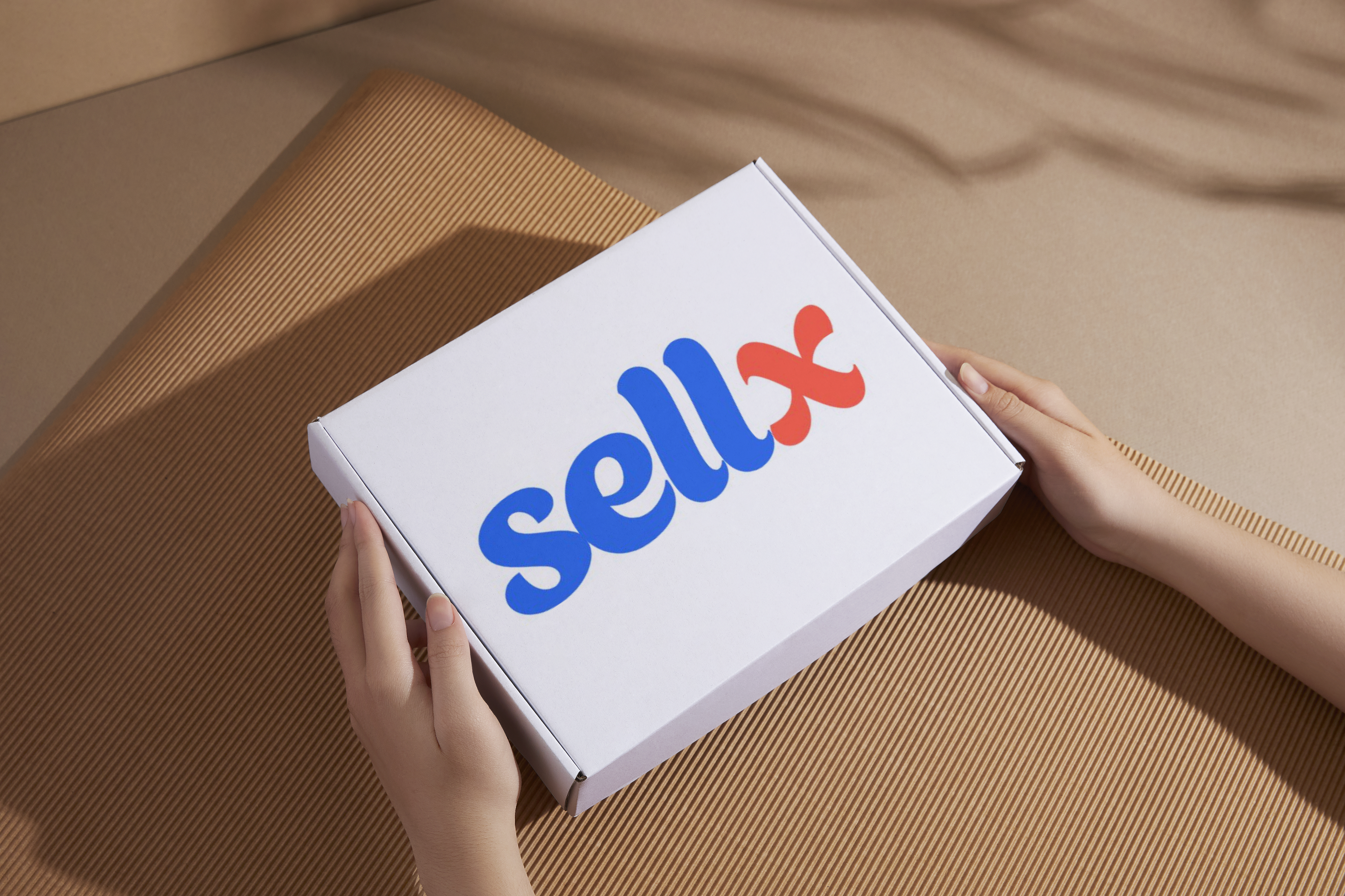When it comes to selling products online, two major platforms come to mind: Amazon and SellX. While Amazon is one of the biggest and most well-established global e-commerce giants, SellX offers a unique, localized platform with some distinct advantages, particularly for South African sellers. In this blog post, we’ll compare the two platforms in terms of affiliate commissions, stock purchasing, and other key benefits to help you decide which is best suited for your business.
1. Affiliate Commissions: SellX Pays More
One of the most important factors for online sellers and marketers is affiliate commissions. When you refer customers or sell products through affiliate marketing, you expect to receive a fair share of the revenue. On Amazon, affiliate commissions are typically lower, with many products offering commissions of 10% or below. This means that as an affiliate marketer, you’ll need to sell a high volume of products to earn significant income.
On the other hand, SellX offers a much more competitive affiliate commission structure. Affiliates on SellX can earn up to 15% commission, which is significantly higher than what Amazon offers. This means more money for your marketing efforts and rewards for driving sales on the platform. Whether you’re just starting as an affiliate or have a well-established marketing strategy, SellX provides higher earnings potential.
2. Global Reach vs. Local Focus: Amazon vs. SellX
Amazon has a global reach, allowing sellers from virtually every country to list their products and gain access to a massive international customer base. However, this also means sellers face a lot of competition. Whether you’re selling electronics, clothing, or books, you’re up against millions of other sellers from around the world.
SellX, in contrast, is more focused on South Africa and primarily serves buyers and sellers in the region. This localized approach can provide unique advantages, such as less competition, better customer insights, and easier access to a target market that is familiar with local trends and preferences. While SellX doesn’t offer the same global audience as Amazon, it’s an excellent platform for sellers looking to tap into the South African market and expand from there.
3. Stock Purchasing: SellX vs. Amazon
A significant advantage of SellX is its stock-buying program. Sellers on SellX have the option to purchase stock directly from suppliers to ensure they have the products they need for sale. This model allows you to manage your inventory more effectively and gives you control over the products you sell.
On Amazon, sellers generally don’t have the option to purchase stock directly through the platform. While Amazon does offer fulfillment services through FBA (Fulfillment by Amazon), sellers are still responsible for sourcing and managing their own stock, which can be challenging for those who don’t have established supplier relationships. The added benefit of StockX’s model can make a huge difference in how you manage and scale your online store.
4. Ease of Use: SellX vs. Amazon
Amazon’s platform is vast and can be overwhelming for new sellers. Listing products, managing inventory, and navigating the various tools and policies can be a steep learning curve. While Amazon offers a range of services to help sellers, it often requires more time and effort to get things up and running.
SellX, however, prides itself on its user-friendly interface and streamlined processes. Whether you’re creating your seller account, choosing your stock model, or launching your products, SellX provides easy-to-follow steps and dedicated support to help you succeed. If you’re looking for a simpler, more efficient way to manage your online store, SellX may be the way to go.
5. Fees and Payouts: SellX vs. Amazon
One key consideration for any online seller is the fees and payment structure of the platform. Amazon charges a range of fees, including referral fees, fulfillment fees, and subscription fees, which can eat into your profits. Additionally, Amazon’s payout structure can be slow, with payments typically processed every two weeks.
SellX, however, offers a more attractive payout system. Sellers on SellX benefit from faster payouts and lower fees, making it easier to maintain positive cash flow for your business. Whether you’re just starting or are looking to scale your business, SellX offers an efficient and cost-effective solution to managing your earnings.
6. Growth Potential and Additional Benefits
While Amazon may be larger in terms of global reach, SellX provides unique growth opportunities, particularly in the South African market. Through the “Built-In Marketing Boost” program, sellers on SellX can take advantage of promotional tools and resources to help increase their sales. In addition, with SellX’s exclusive stock-buying and affiliate programs, sellers and affiliates can grow their businesses with higher earnings and more flexibility.
SellX also offers exclusive networking and collaborations for its members, connecting them to a community of entrepreneurs, innovators, and freelancers. If you’re looking for more than just an e-commerce platform—such as networking opportunities and deeper partnerships—SellX provides an environment where growth goes beyond just sales.
Conclusion: Which Platform Is Right for You?
When choosing between SellX and Amazon, the decision comes down to your business goals, target market, and preferences. If you’re seeking global exposure and a large-scale marketplace, Amazon is an excellent choice. However, if you’re looking for higher affiliate commissions, a more localized South African market, and the ability to manage your inventory with a stock-buying program, SellX may be the better option for you.
With the added benefits of higher commissions, faster payouts, and a more straightforward platform, SellX offers a unique opportunity for South African sellers and affiliates to thrive in a competitive online market. Whether you’re just starting your e-commerce journey or looking for a more personalized platform, SellX provides powerful tools to help you succeed.



